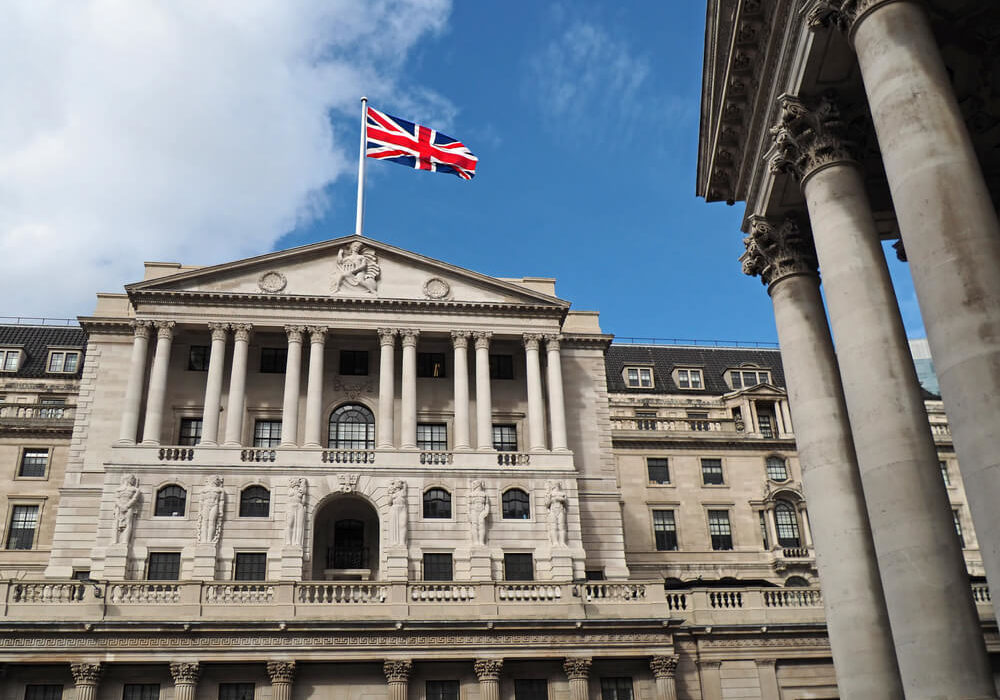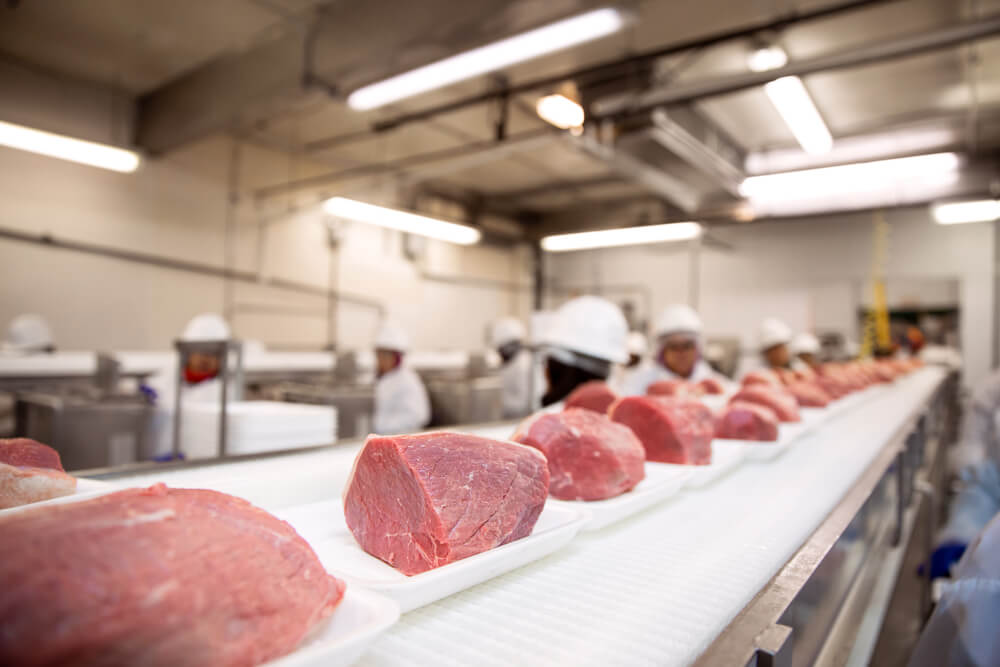The United Kingdom updates a 2.1% jump in the economic indicator in May, surpassing analysts’ expectations. The average consensus released earlier came at only 1.8%. This result is also higher than April’s 1.5% growth.
Experts dismissed early signs of apprehension and said that the recent jump is merely a just correction from 2020 figures.
For the record, the country welcomed historic falls on clothing, fuel, food, and beverage, among others, during the same period in 2020. However, the market still went in all directions upon the release of the data. Currently, traders digest the implication of such a result on the United Kingdom’s near-term economic performance.
Inflation risk has come into play since November, when it rose by 0.3% unexpectedly. Since then, it maintained upward momentum over the next five months.
An expert in the field noted that the November to May period welcomed the biggest hike in core consumer prices since the 2008 financial crisis.
In a brief context, the country had to resort to different dovish monetary schemes and interventions to keep the economy afloat.
The United Kingdom was one of the hardest hit in 2020 as it received the double whammy of Brexit and the pandemic.
Policymakers resorted to risk-attractive measures after being put in such a tight spot to ensure that employment remains in check.
In comparison, the United States’ inflation garnered greater fear after recording a 5% jump during the same period.
Despite this, American policymakers, prominently US Treasury Secretary Janet Yellen, cleared the air and said that the hike is merely transitory.
The Bank of England Remains Undaunted
Naturally, market spectators turn to the Bank of England for answers. The central bank asserted that prices could lift further up to 2.5% through the end of 2021 as the economy continues to reopen at full capacity.
Instead of deriving renewed confidence for their future moves, traders welcomed such a remark with cold shoulders.
Currently, the BoE maintains its record-low interest rate of 0.1%. Such a percentage has been in observance since March 2020. At this point, the country started feeling the economic exhaustion brought on by the pandemic.
In an earlier statement, policymakers noted that UK’s monetary regulator would highly likely not change rates until sometime in 2022. It is to ensure that Britain’s economy is up and running consistently before drastic measures enter into force.
















